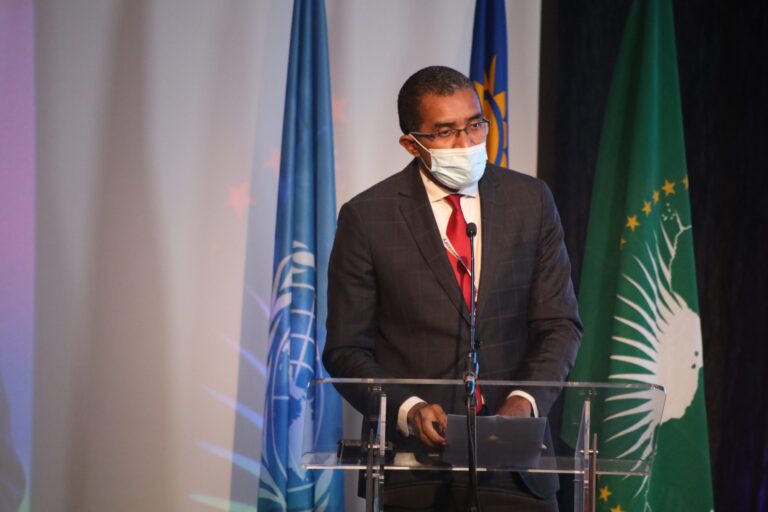
New Help Package deal in Thailand to Help Tourism Companies
The Thai government approved financial measures worth 350 billion baht (€ 9.5 billion) to help businesses cope with the effects of health restrictions on the coronavirus epidemic.
Thailand’s GDP declined 6.1% last year, the worst since the Asian financial crisis in the late 1990s, with tourism being by far the hardest hit sector. The domestic and international coronavirus outbreak had “widespread and longer-than-expected effects” and disrupted the flow of cash and capital for many companies, Finance Minister Arkhom Termpittayapaisith complained at a briefing.
With just under 28,000 coronavirus infections and 92 deaths in 14 months with a population of almost 70 million Thailand is one of the many countries in the world with a very low or near zero death rate from Covid-19Well below the global average of 0.03%, according to the Worldometer website.
Covid-19 has particularly hit America and Europe, including the United States, Mexico, Brazil, the United Kingdom, France, Spain, Italy and Germany, eight countries that together account for more than 50% of global mortality from the disease.
Recent measures approved by the Thai government include a baht 250 billion (US $ 8 billion) aid package for soft loans and baht 100 billion for the so-called “asset warehousing” program to support businesses, especially in the US Tourism that is in debt and unable to repay their loans. This system is Thailand’s latest innovation in fiscal policy and a fairly unique initiative.
The assistance in question must allow the debtors to use their working instrument (hotel, shop, etc.) to settle outstanding loan obligations and allow them to continue operating them by renting them or buying them back within five years at a price in advance agreed, while the bank can operate it in the meantime.
The program is “very unique and works a bit like a pawn shop where you exchange valuables for instant cash,” said Khoon Goh, director of Asian research at Australia & New Zealand Banking Group Ltd.
Central bank governor Sethaput Suthiwartnarueput said at a meeting that the economy is expected to return to pre-Covid-19 levels around the third quarter of 2022. It would take four to five years for tourism to return to its 2019 levels, with nearly 40 million foreign visitors.
“However, the recovery in GDP does not mean everything will go back to normal. It will not necessarily be the case for employment and people’s incomes,” he said.
The current aid package is inadequate and more is needed, said Sethaput Suthiwartnarueput, who predicted a few days ago that economic growth could be “over 2%” this year.
To get the tourism industry going again, the government also approved that foreign tourists vaccinated against Covid-19 may visit six tourist provinces in Thailand from April 1st – Phuket, Krabi, Phangnga, Surat Thani (Koh Samui) , Chon Buri (Pattaya) and Chiang Mai. You will be quarantined; However, the length of mandatory isolation for them has been reduced from 14 to seven days. In July, Phuket will become the first province to waive the quarantine requirement for vaccinated foreign visitors as part of the government’s plan to reopen the country.
The cabinet, which includes senior government ministers, also agreed to launch a new 5 billion baht co-payment program and expand the ongoing program to support domestic tourism in the absence of foreign visitors.



